The OpenLog Artemis has graduated from SparkX and we have a new version of our popular Qwiic Kit for Raspberry Pi!
We've built up a starting kit for Alchitry FPGA and we're releasing new Teensy boards with headers!
Marcus demonstrates how the Qwiic System makes it super easy to build a novelty sound maker with a capacitive touch interface.
The Qwiic MicroPressure Sensor is now available, along with a slew of new Flirc products!
A new Qwiic-enabled Solid State Relay Kit is available, along with a new Qwiic Button, micro:bit Power board, a Raspberry Pi Compute Module and a 10W solar panel.
Two versions of the new GPS-RTK Dead Reckoning board are available, along with a special edition Qwiic Pro Micro, and a new Raspberry Pi 4 kit!
New versions of our Qwiic Mux Breakout and RPi Zero W Camera Kit are now available, along with a SparkX Refrigeration Sensor and Pimoroni Automation HAT Mini.
The MAX30101 Photodetector Breakout is now available, along with a few headers and a new wireless keyboard!
In a new tutorial we'll revisit some RFID basics, and practice by making a remote work logger using an RFID reader and a GPS module.
The Qwiic SGP30 Air Quality Sensor is now in SparkFun red! Additionally, we have two versions of the new Raspberry Pi 4 Desktop Kit, and two new Qwiic boards from Zio.
New versions of some of our most popular Qwiic shields are available, along with a new Raspberry Pi LoRa Gateway!
A short look back at a test-fixture designed to increase efficiency for future development.
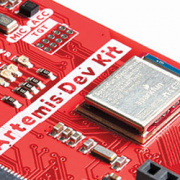
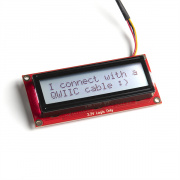
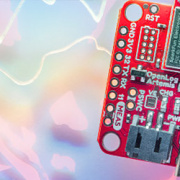
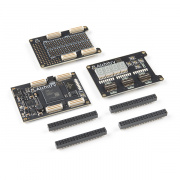
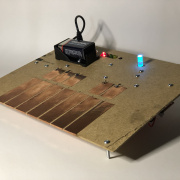
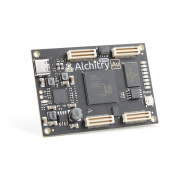
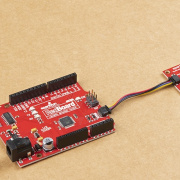
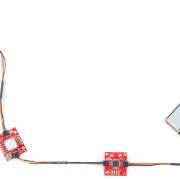
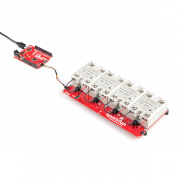
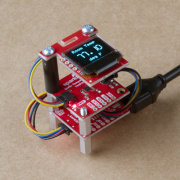
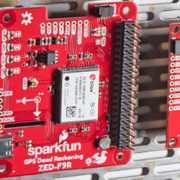
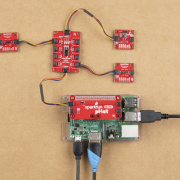
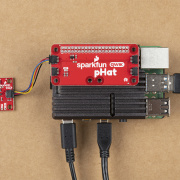
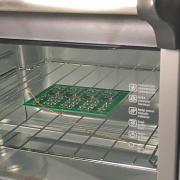
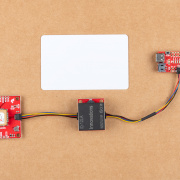
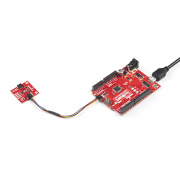
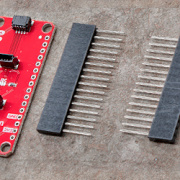
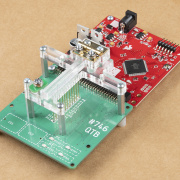
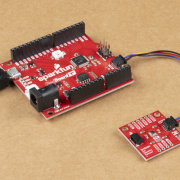
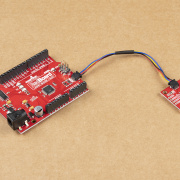
only one way to become an expert ... just do it